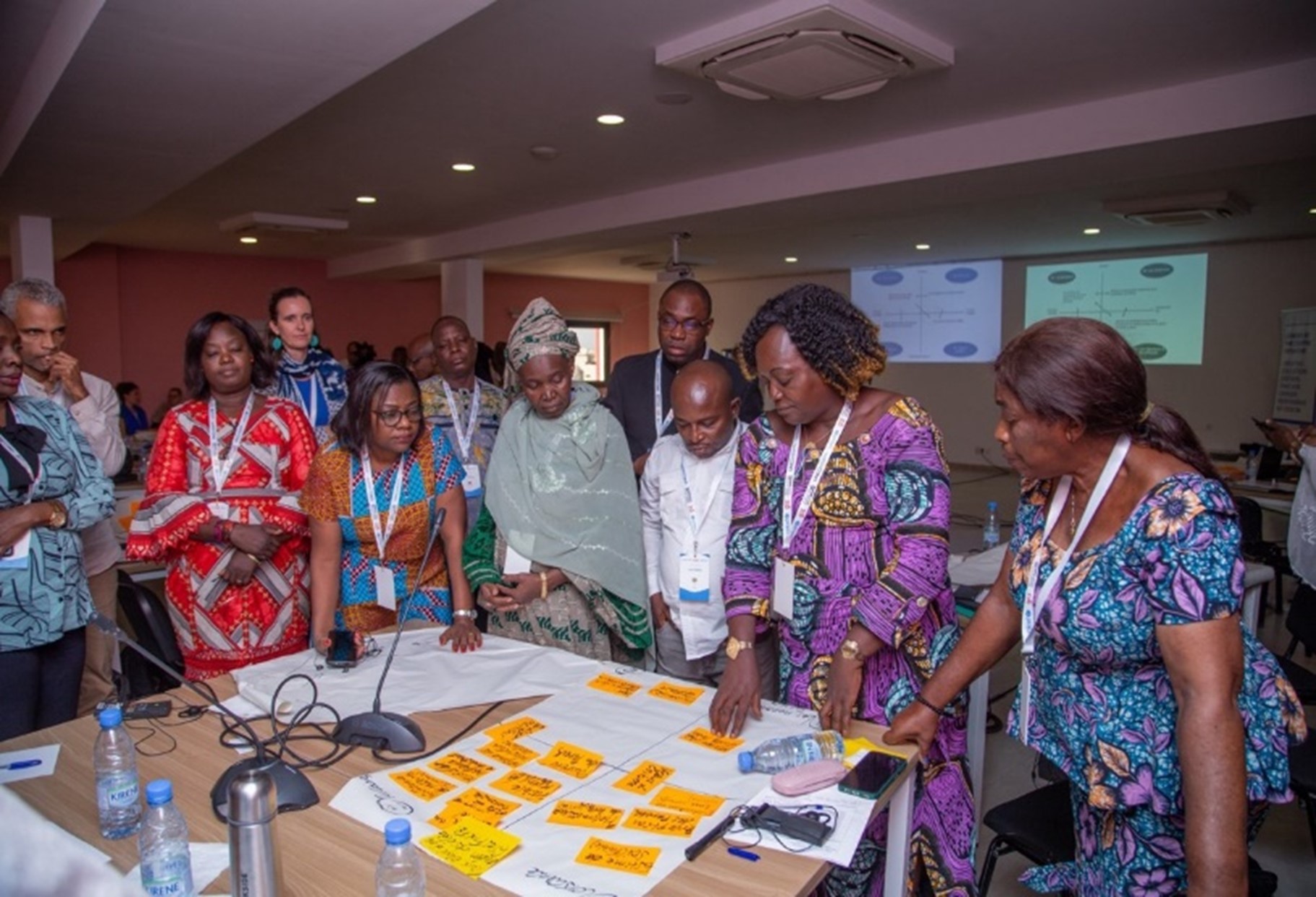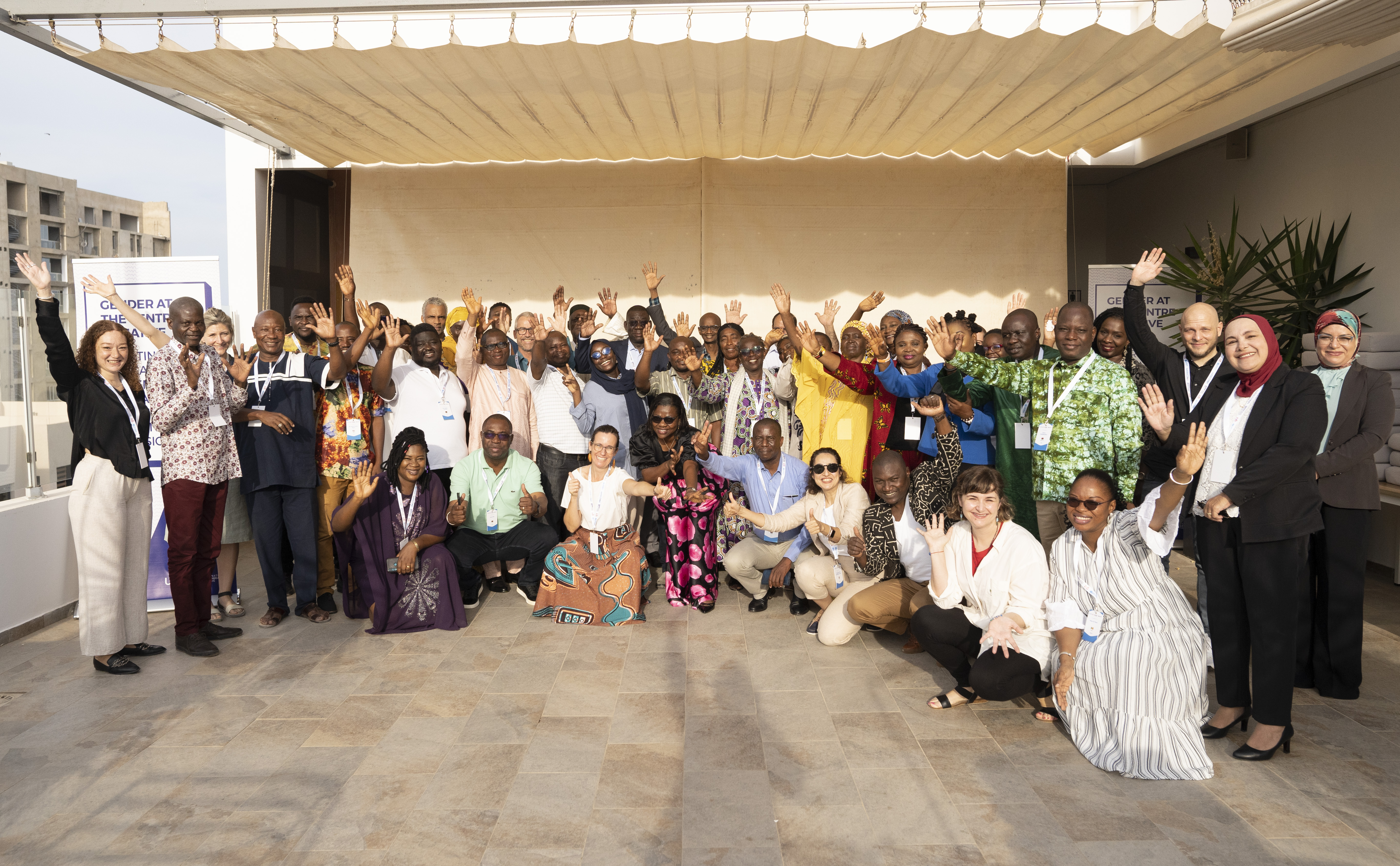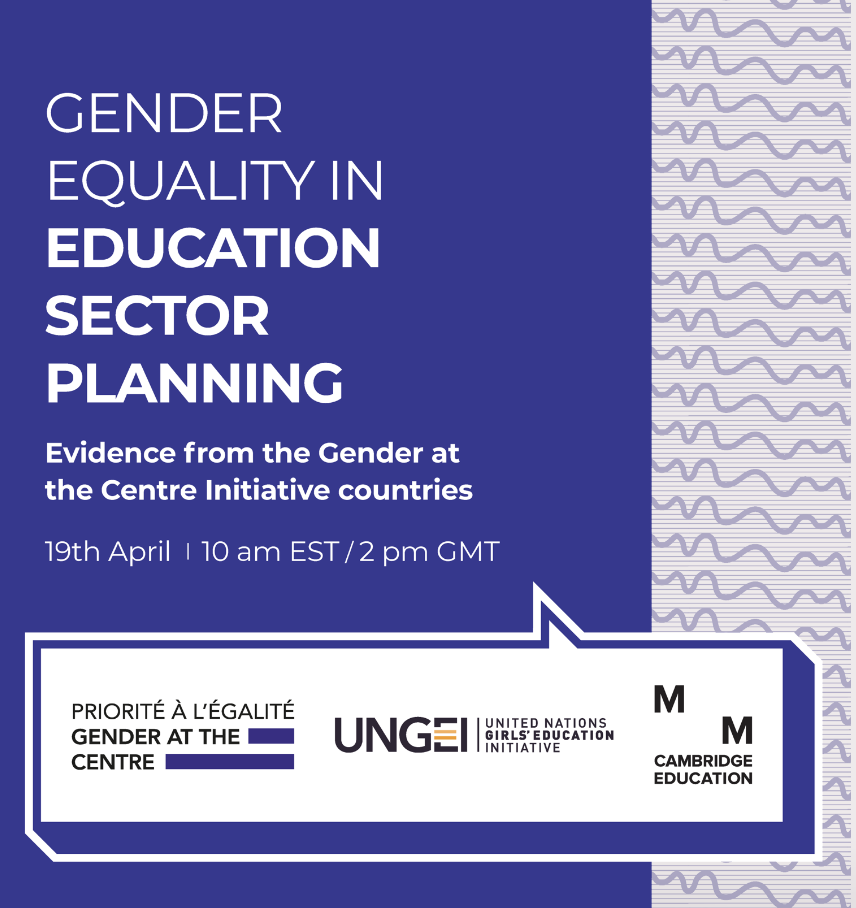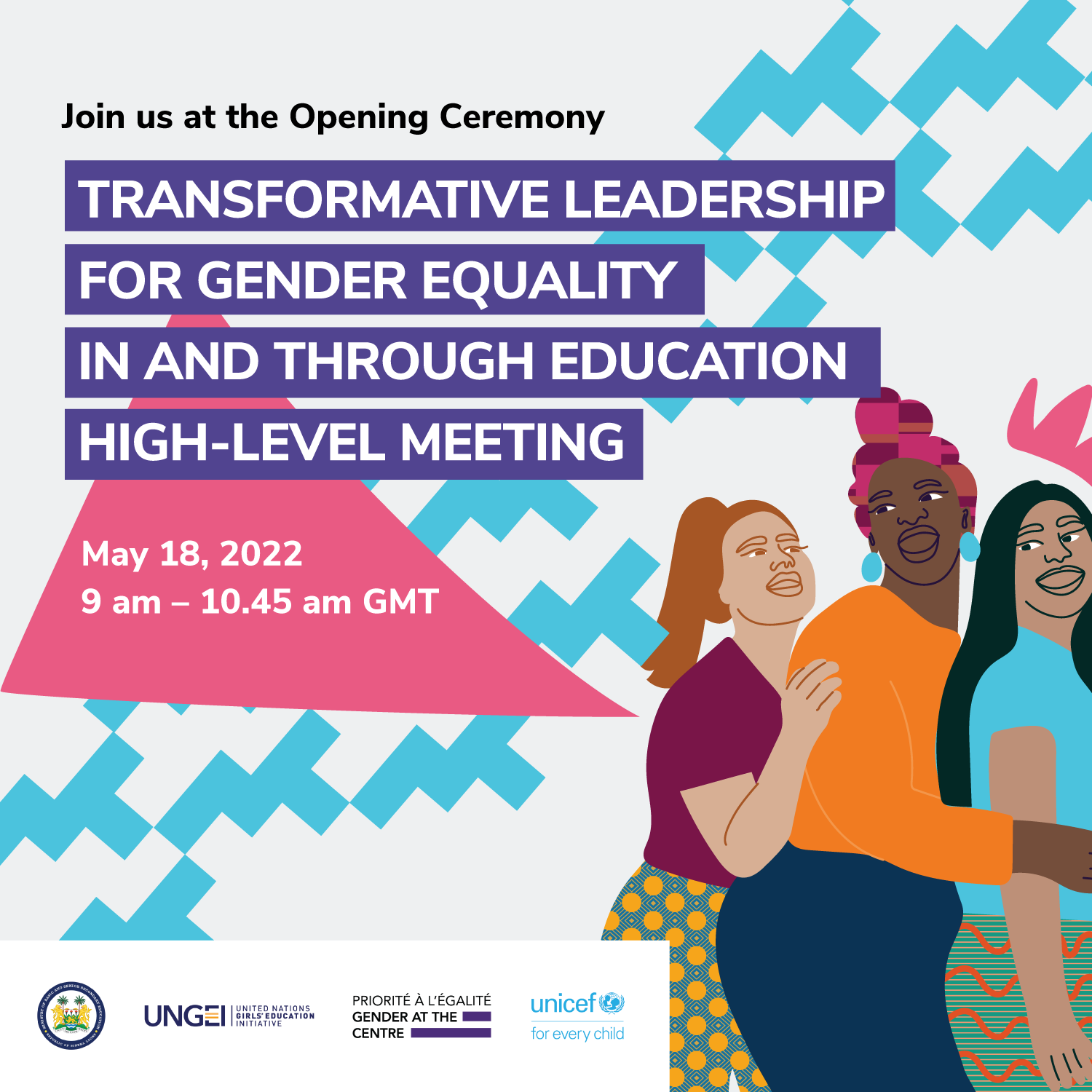In December 2023, Dakar, Senegal became the epicenter of a transformative movement in education. Over four days, from December 5th to 8th, education experts and leaders from across Africa gathered for the Gender-Responsive Education Sector Planning (GRESP) Workshop, reimagining the future of education through a gender-responsive lens. This groundbreaking event, part of the Gender at the Centre Initiative (GCI), marked a significant step toward embedding gender equality in educational planning across the continent.

A Collaborative Effort for Change
The workshop, funded by the German Federal Ministry for Economic Cooperation and Development (BMZ) and co-organized by UNGEI, GIZ (Deutsche Gesellschaft für Internationale Zusammenarbeit GmbH), UNICEF, Gender at Work, and the Global Partnership for Education (GPE), brought together participants from both GCI member and non-member countries, including Burkina Faso, Mali, Nigeria, Central African Republic, Democratic Republic of Congo, Egypt, Liberia, and Malawi. Each delegation, composed of education ministry officials, GPE coordinating agency members, and civil society representatives, collaborated to integrate gender equality into their national education sector plans.
A Holistic Approach
What set this workshop apart was its unique approach, which emphasized not only the technical approaches, but our individual responsibilities as agents of change. Based on the analysis of each unique context, participants were encouraged to draft approaches to tackle their specific challenges to advancing gender-transformative education. Through interactive sessions, participants exchanged innovative ideas and strategies, drawing from their own experiences to craft solutions tailored to their contexts, and got connected and inspired through knowledge and experience sharing.

Challenges and Opportunities: Towards a New Era of Education
The discussions highlighted numerous challenges but also significant opportunities for enhancing gender equality in and through education systems. From institutionalizing gender within ministries to conducting comprehensive gender audits, participants developed innovative and actionable strategies to overcome obstacles and promote gender equality.
Key Takeaways: Lessons Learned
Through the workshop, participants identified several key principles for advancing gender equality in and through education. These include institutionalizing gender within education ministries—like in Burkina Faso—to secure dedicated budgets and integrate gender initiatives into the fabric of our systems, and launching gender audits to spark national conversations and pave the way for actionable plans that spotlight gaps and prioritize meaningful interventions. GRESP serves as a dynamic platform for harmonizing diverse gender initiatives, creating a cohesive framework for effective collaboration among ministries. Additionally, forming country delegations can strengthen partnerships among stakeholders, propelling a united front towards achieving gender equality in education.

Real-Life Impact: Stories of Change
The workshop's impact is already being felt across various countries. In the Democratic Republic of Congo, an intersectoral committee has been trained to develop a gender-focused GPE partnership compact. In Mali, a gender institutional committee is advocating for the elevation of the Girls’ Education Section within the Ministry of Education to a National Directorate, complete with its own dedicated budget. The Central African Republic has prioritized conducting a gender audit as an essential step in the education planning process. Meanwhile, in Egypt, follow-up training has led to awareness-raising activities in public schools to address harmful gender norms among students and parents. These examples highlight just a few of the significant changes resulting from the workshop's efforts.
Looking Ahead: A Call to Action
This workshop not only equipped participants with the skills and knowledge to drive gender-responsive planning but also ignited a renewed commitment to making gender equality a reality in education. As these leaders returned to their countries, they continued to rise to the challenge of turning plans into action, ensuring that all children can fulfill their potential and contribute to a just and equal world. UNGEI and the Gender at the Centre Initiative will continue to support these efforts, working alongside partners to sustain the momentum generated by this landmark workshop.


